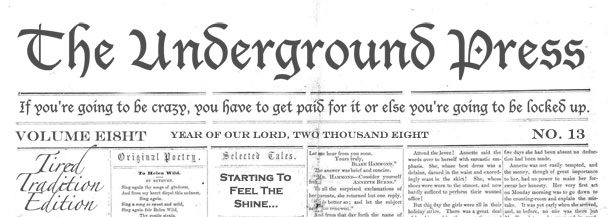Two albums removed from the ultra-chic, hip, spare and successful Trinity Sessions, Black Eyed Man sees the (Canadian born and bread) Junkies trying successfully to settle into themselves after the struggle to maintain impossible popularity. The vacuumlike arrangements of their previous work (recall their covers of Sweet Jane, Blue Moon, and Powder Finger) is suddenly abandoned for a fuller, richer and significantly more upbeat sound.
The album opens with some straightup rock and roll with Southern Rain and far more instrumentation than previous Junkie records. A very slowly escalating guitar riff peppered with fills and solos by guitarist and primary songwriter Michael Timmons serves as a platform for Margo Timmons ethereal voice. The song smokes.
The album dips significantly more hippy country with Oregon Hills. The evidence of a vastly different direction in production is everywhere. A great deal of musical instruments leave little room for the space so prevelant on previous releases by this band.
This Street, That Man, This Life offers a distinct return to form. Though beautiful and ethereal and very simple, the song sounds almost out of place at first on an album that clearly wants to go in a different direction. Is the band regressing? Though its a "beautiful song" my thoughts drift to what might come next. Will the new territory covered be explored more or not?
The heart of the album begins with A Horse In The Country, a strong country rocker that cantors along gracefully. The descending bridge is one of the more beautiful moments on any Junkies record. This is a great example of a band effort: the song speaks for itself without any excessive instrumentation or vocal stylings. And then it suddenly ends.
This band has always done covers well and their take on If I Were The Woman And You Were The Man with guest and friend John Prine is fantastic. A clarinet (?!?!) solo in the middle of the song fits perfectly. In fact, the sparity of past Junkie songs is clearly reminscent here, but the energy and mild experimentation seen on most of this album is evident. A (but not the) standout on the album.
Murder, Tonight, In The Trailer Park is easily the best song on the album. A stuttering skipper with dancing slide backs a dark tale of murder and darkness. Margo's voice draws the listener in only to be really kind of creeped out by what she's saying. Its at this point that you notice how fantastic the drumwork and guitars on the album have been. This family can play. The fills are fantastic.
The title track, Black Eyed Man, is an odd letdown after the last three songs - why is it that title tracks often do that. It is arguably the most country feeling tune on the record and its one of the few that lets the band members play around a bit - too much guitar and harmonica - too much "I'm riding a horse in a movie" feeling behind this song. At the end of the day, it doesn't really go anywhere.
Winter's Song seems to suffer from the same pointlessness at first: Margo's obvious domination of the song and far too much harmonica at the start allows for the "home on the range" feeling to fester a bit too long. However, a fiddle actually saves the song dramatically and it totally changes gear into a darker and far more effective tune.
The Last Spike features an almost inaudible banjo plucking beside an oppressive electric guitar riff which keeps the first-time-listener interested during the song, if for no other reason than to hear if the banjo is going to do anything interesting. Halfway through its evident that drums are not going to join in and the banjo isn't going to take on a greater role. A bit of tamborines added demonstrate that the song has peaked. This is the classic example of trying and failing to put a new twist on their classic spare sound. It doesn't work and its boring.
Cowboy Junkies Lament , written by Townes Van Zant for the band, brings the album somewhat back to life. This also suffers from stiffling production. The oppressive guitar remains is thankfully assisted by drums, but it like a loud version of the last song without a banjo. After the three previous songs, however, its not enough to save what appears be a not-so-wonderful second half of the album.
The penultimate song is Towne's Blues, a tribute to friend Townes Van Zant in thanks for his gift of the last song. The country swagger heard at the start of the album in back, thankfully. However, it is evident that the best songs were all piled high at the beginning of the album.
The album closes with To Live Is To Fly. This song works in every way. The opening sounds like a beautiful voice and a single guitar playing alone in a dark cavern. The band then kicks in steps into a mellow groove. This groove is bumped up to double time for the heart of the of the song, cappped by a fine fiddle solo. Suddenly, though not unexpectedly, the song drops back into the quite slow mood of the intro, only to jump again into the doubletime groove, featuring not only the fiddle but the banjo as well. A great closer which does a fine job summing up the album. A peice of pointless horn music is tacked on 20 seconds later for no reason whatsoever.
Conclusion: A very solid album is almost spoiled by three or four clunkers, beginning with the title track, in a row right in the middle of the album. There are definately some skippable songs on this record, but the good songs are borderline great. Perhaps the whole I-Tunes thing has its uses afterall.




